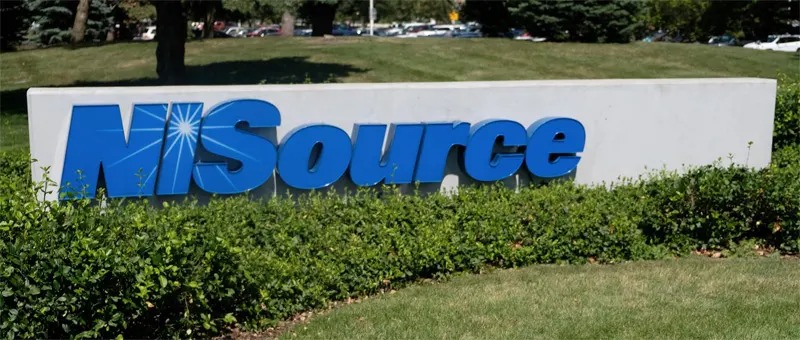NiSource, whose Massachusetts subsidiary Columbia has been blamed for catastrophic explosions in September 2018 in Andover, Lawrence and North Andover, recently issued a report touting the company’s safety improvements. According to UtilityDive.com, Joe Hamrock, NiSource President and CEO says that in the wake of the disaster, “We launched a series of safety enhancements, and then began the largest natural gas restoration project in our company's history."
NiSource had little choice. The National Transportation Safety Board (“NTSB”) investigated the explosions that “killed one person, sent 21 people to the hospital, damaged 131 structures and destroyed five homes.” In November, NTSB had already concluded: “that ‘omissions’ in Columbia Gas pipeline engineering plans led to the overpressurization that caused the series of deadly explosions.”
NTSB made five recommendations, four of which were aimed at NiSource. A subsequent report in January found “the utility had more than 34,000 ‘Class-1’ leaks in 2017, which call for immediate repair.”
In mid-September 2018, NPR reported that a class action lawsuit on behalf of 8,600 residents had been filed against Columbia Gas and its parent company, NiSource, alleging "antiquated" gas lines in unsafe conditions had caused over-pressurization of the system, leading to catastrophe.
A letter from Sens. Elizabeth Warren and Ed Markey to executives at Columbia Gas and NiSource expressed their concerns that "The gas pressure in the Columbia Gas system should have been around 0.5 pounds per square inch (“PSI”), but readings in the area reached at least 6 PSI — twelve times higher than the system was intended to hold.” Calling the system “a ticking time bomb," the plaintiffs’ attorney said, "The community deserves assurance that this will not happen again."
NiSource has since “replaced 44 miles of pipeline around the impacted region … and said it would increase remote monitoring on its low-pressure systems.”
Massachusetts is not the only state wary of its aging natural gas infrastructure. In 2014, an explosion in the East Harlem neighborhood of New York City killed eight people and destroyed two buildings. The revelation that the faulty gas main had been 127 years old raised many concerns about the age and fragility of Consolidated Edison’s system of pipelines in New York City and vicinity. At the time, it was reported that “Con Edison manages one of the oldest gas distribution networks in the country…. The utility's 2,234 miles of gas mains, which serve 833,000 customers in the Bronx, Manhattan and northern Queens, are 53 years old on average.”
Each year, Con Ed “loses more than 2 percent of the gas it delivers to customers” because of leaks in the system. The only reason more explosions don’t occur is because the leaking gas is dispersed into the atmosphere. It’s when pockets of gas collect in sealed buildings that explosions happen.
Of course, with systems this large, replacing gas mains is a huge undertaking. Complicating the matter further is the fact that gas mains are hard to access, buried beneath the surface of the city. Work is slow, and incredibly expensive. However, companies like NiSource and Con Ed have no alternative; their duty to protect the public must come before their desire for profits.


